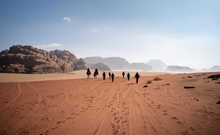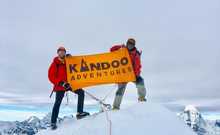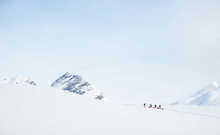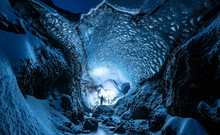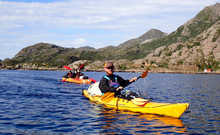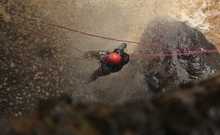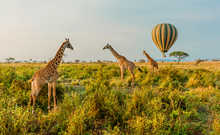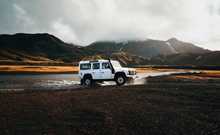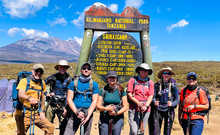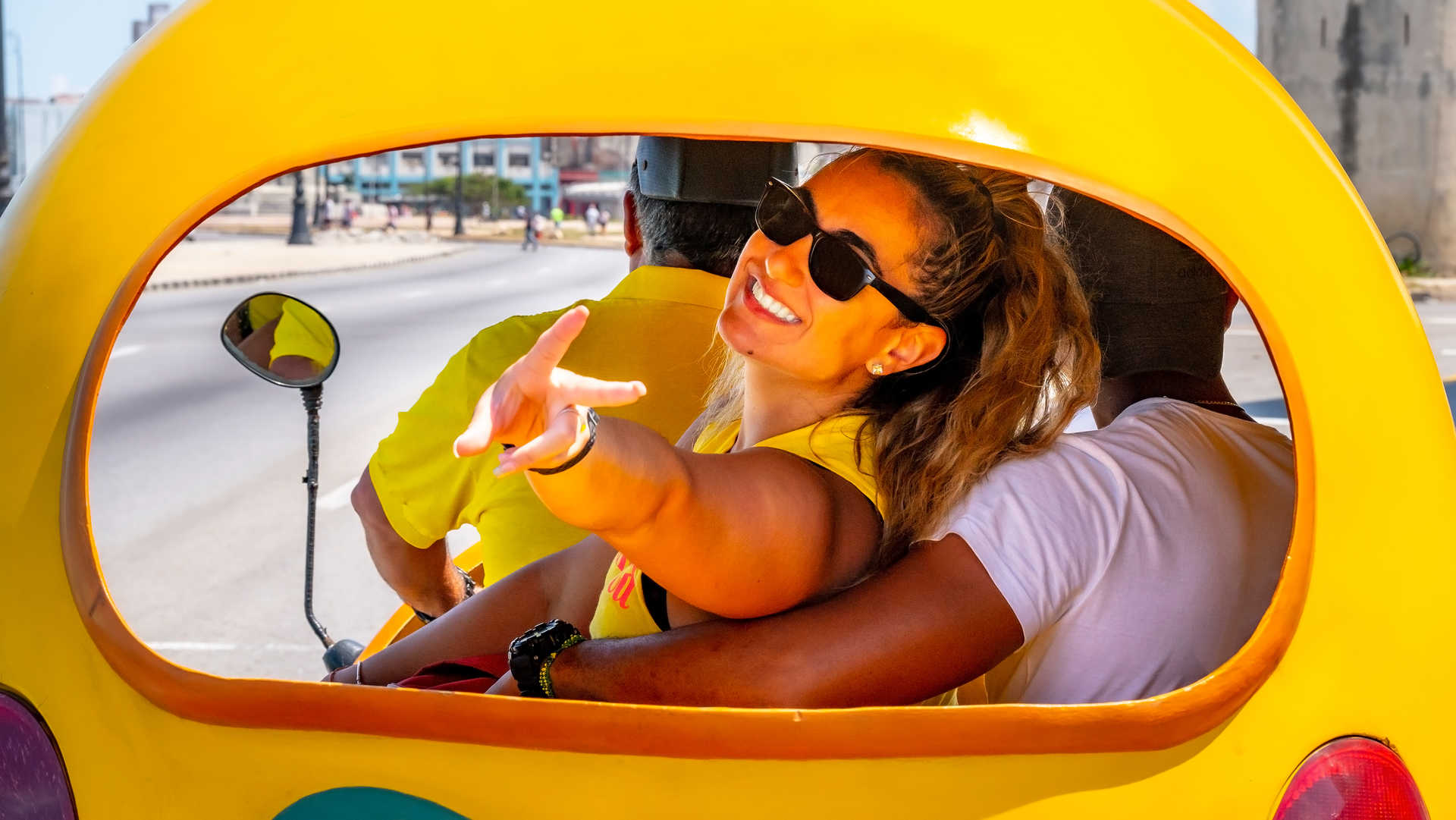Avoiding diarrhoea
Make sure that your hygiene is as good as possible to avoid picking up a stomach upset whilst trekking in Cuba. Needless to say, a bout of diarrhoea can make a long, strenuous trek unpleasant or even impossible.
On the trip itself, we make sure that your food is pure and uncontaminated. It will be up to you to ensure that the water you drink is safe. We recommend bringing a water filter or purification tablets with you on your trek. Bottled water can be bought from the hotels or shops in the villages that we pass through on the rest of the trip. In the cities, you will also have to protect yourself.
Make sure you follow these simple rules at all times:
- If you aren’t absolutely certain water is pure, do not drink it.
- Wash your hands thoroughly after using the toilet, and before eating or handling food of any kind.
- Do not eat raw vegetables or salads. Cooked, preferably boiled veggies only.
- Avoid any cold drinks, and ice of any kind.
Water from sealed bottles is generally fine, as are fizzy drinks, wine, beer and, of course, rum. Hot tea and coffee are good, as they have just been boiled.
If you do get diarrhoea, the most important thing you can do is to stay hydrated. The best thing to drink is a rehydration solution like Dioralyte. Read more about dehydration below.
Over the counter medicines like Imodium (or anything containing loperamide) are only for short term, mild diarrhoea. Some doctors recommend taking a single, 500mg dose of Ciprofxin, or any ciprofloxacin antibiotic in an emergency situation. This is a prescription medicine, and you should discuss it with your doctor before your trip.
Preventing dehydration
Even if you avoid diarrhoea, you can easily become dehydrated. You need to drink at least 3 litres of fluids every day whilst in Cuba as the hot, humid atmosphere will quickly cause you to become dehydrated. Even when you don't feel thirsty you have to drink this amount as a minimum - preferably more.
You should drink at least ½ litre (preferably a whole litre) before you set off for the day.
Stay on the look-out for signs of dehydration in yourself and your fellow guests. The most common symptoms include thirst, dry lips, nose or mouth, headache and feeling fatigued or lethargic. If you think you may be dehydrated, there are two ways to tell:
- The colour of your urine. Clear or light straw-coloured urine means you are probably not dehydrated. Yellow or orange wee means you haven’t been drinking enough, and you need to up your fluid intake quickly.
- Pinch or press firmly on an area of exposed skin. If it doesn’t spring back instantly, or stays pale and bloodless for more than a second or two, you are probably dehydrated.
Sunburn and UV Protection
Cuba has high temperatures and strong sun. While an adventurous trip is hardly a day at the seaside, you will be vulnerable to sunburn if not properly protected. The thin atmosphere in Cuba blocks much less of the sun’s UV rays, even on cloudy days and particularly when we are doing water based activities you will have high levels of exposure to the sun.
The three most important things you can do to avoid sunburn are:
- Apply SPF 30 or higher sunscreen to your face, nose and ears at least 30 minutes before going out into the sun, and reapply regularly. High SPF lip balm is also a must.
- Wear a wide-brimmed hat that shades your face, nose and ears.
- Wear UV-protective sunglasses, category 2-4.
And don’t forget that the sun is at its strongest between 10:00-14:00 hours each day.
Eating well
You will be burning extra calories a day due to the high levels of activity you will be partaking in, and not replacing them can cause real problems.
Just like staying hydrated, you have to eat heartily even if you aren’t hungry. Meals heavy in carbohydrates are best, because they provide long-term energy. Our cooks and the hotels and homestays we use are used to feeding hungry trekkers, so you should have your energy needs well met without too much effort.
Snacks should be chosen carefully. Take favourite treats to make it easier to eat when you don’t feel hungry. Chocolate, nuts and seeds, biscuits, savoury snacks and boiled sweets are generally the best choices.
Body temperature
The temperature in Cuba is generally in the late twenties, early thirties which can feel very hot, particularly if you are doing activities that cause high exersion. Wearing light, breathable clothing is generally the wisest way to make sure you stay healthy and reasonably comfortable in these conditions. Shorts and a t-shirt will tend to suffice during the day, a good pair of elasticated shorts that are appropriate for a multitude of activities will be an essential item of kit in Cuba! During the evenings a longer trouser, fleece or insulative layer may provide a bit of welcome warmth as the temperatures drop.
Although the weather is generally balmy, make sure to bring wind-and water-proof, breathable clothing with you as rain isn't an impossibility. Get high quality gear too, as this is definitely ‘the real thing’. Strong winds and heavy rains can still occur during Cuba's dry season so it is best to be prepared.
